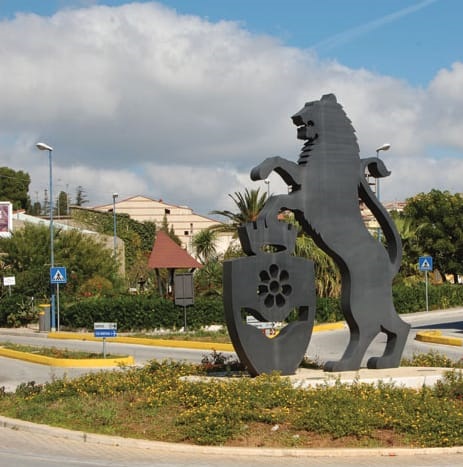From a social point of view, in recent years we have moved from an analogical to a digital based world, probably without fully understanding the extent of this change. Well, nature is still analogical, but men are not. This is, mostly, because we became used to the fast developments of technology, in almost every field.
The precursor of any change and of many revolutions is often some socio-technological breakthrough (i.e. social network as the ‘weapon’ for the Arab Spring). It has happened in every aspect of society such as the music world, for instance, with the electric guitar for rock ’n roll.
Technology also opens also new venues in the world of arts. Let us consider the invention of the analogical camera in the Nineteenth century and its development into the current reflex type, a move from the analogical to the digital dimension except in some of the realms of specialist photography.
The point of view of artists changed or, better, thanks to improvements brought by technology advancements, they started acquiring another perspective on almost everything they worked upon. There are still artists who prefer to express themselves through painting, but paintings started to be focus on inner aspects and not on representation of present world. And then photography provided an artistic medium to a much larger number of people.
Have you ever thought what “digital” means in the world of energy? From the user perspective, the very first step towards a digital revolution in the energy dimension, is represented by the so called smart meter. This apparently simple tool is of crucial importance. It allows consumers to be aware of their energy consumption. And the awareness of consumption can be a trigger to a real move from green energy technologies to a blue revolution, that inevitably translates into a more efficient end use.
The shift from green to blue also means moving from heavy big machinery towards a diffused light, smaller, affordable and commercial dimension. But these technologies are connected! NO more distinction between production and consumption.
The smart approach is an element of micro society, it begins at a single apartment unit level and it can be broadened to an entire building, and through micro networks up to a whole city, controlling the entire process of energy distribution and demand in every single aspect desired. Adopting a smart approach in terms of energy, means enlarging the concept of IT platform in the energy sector.
Digital energy is the result of the encounter between traditional production systems with renewables and ICT, combined to achieve not only a more efficient energy end use, but different social models and ways of life.
And now we are ready to look at energy technologies from another perspective: we think it is time that they become commodity! Pay per use model in a sharing environment! And maybe we await analogical computing to complete the cycle.








Follow us